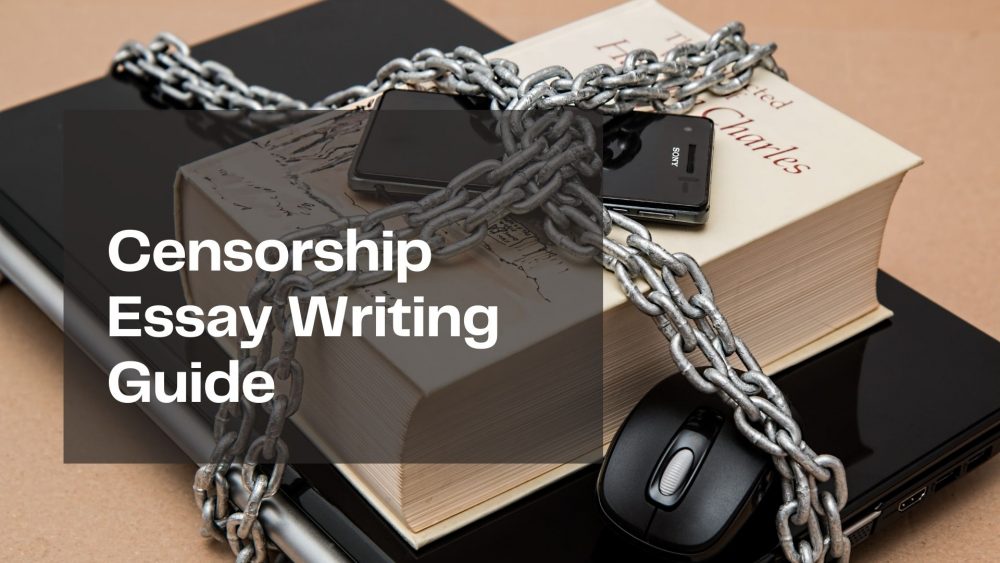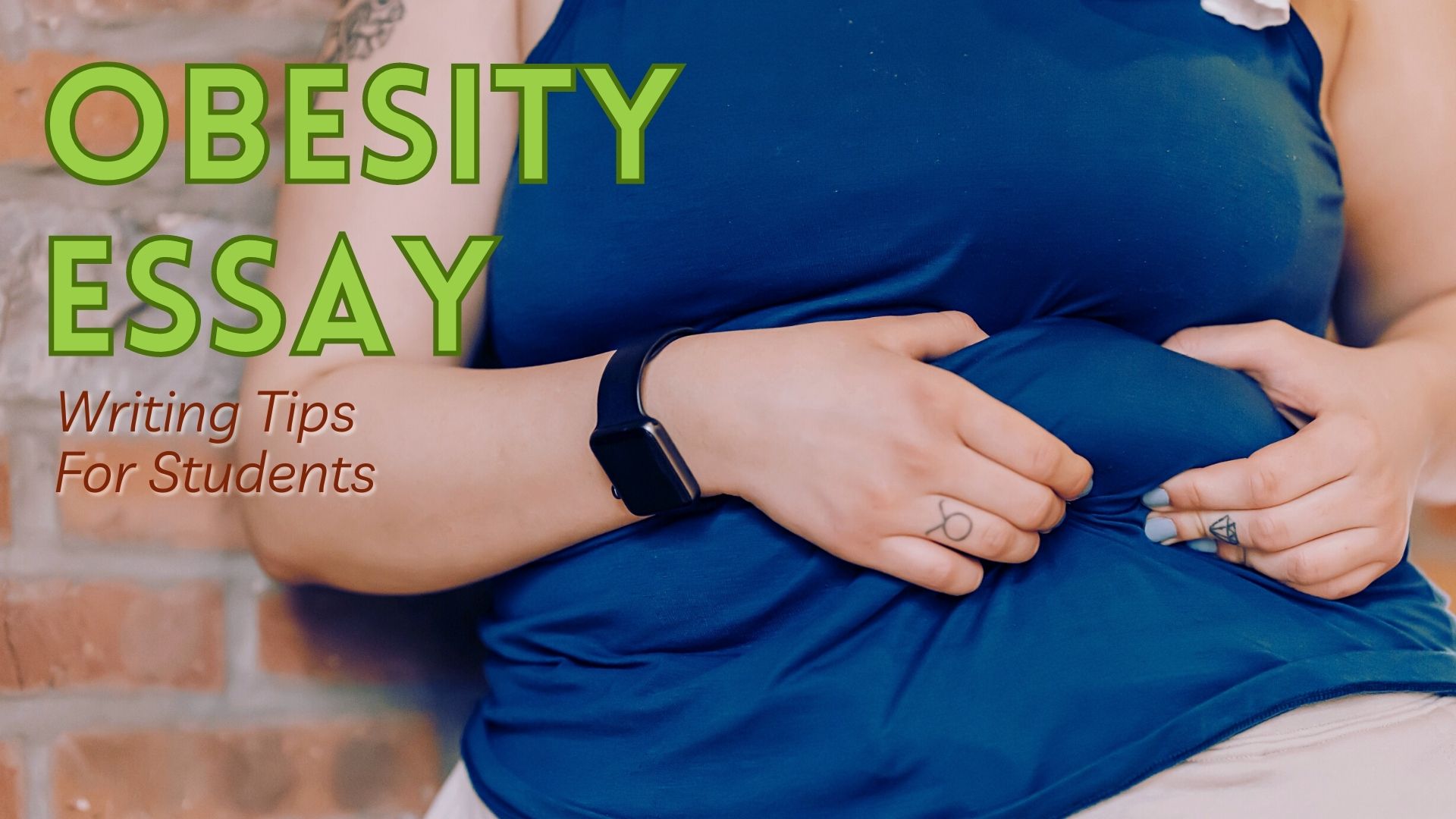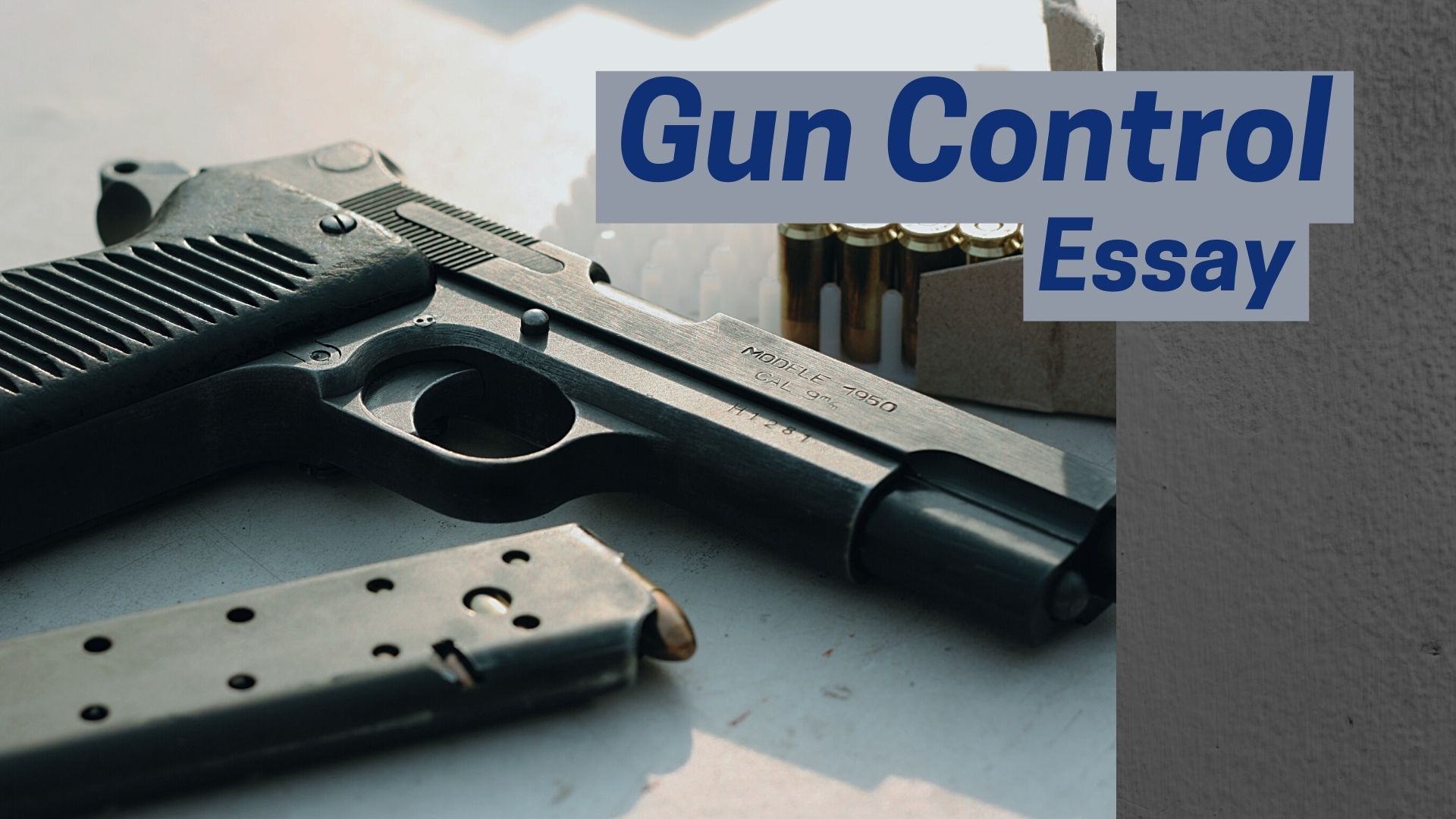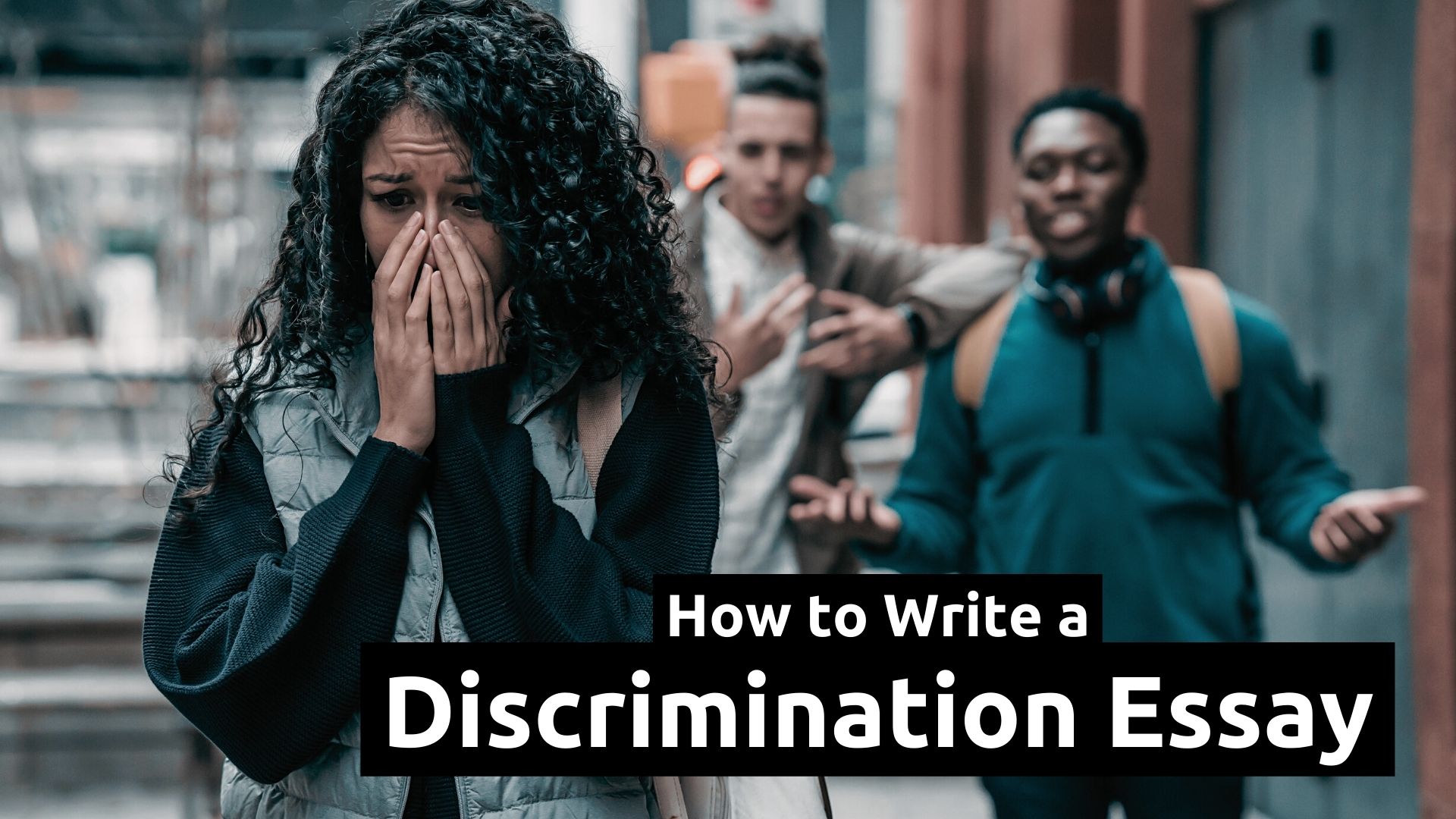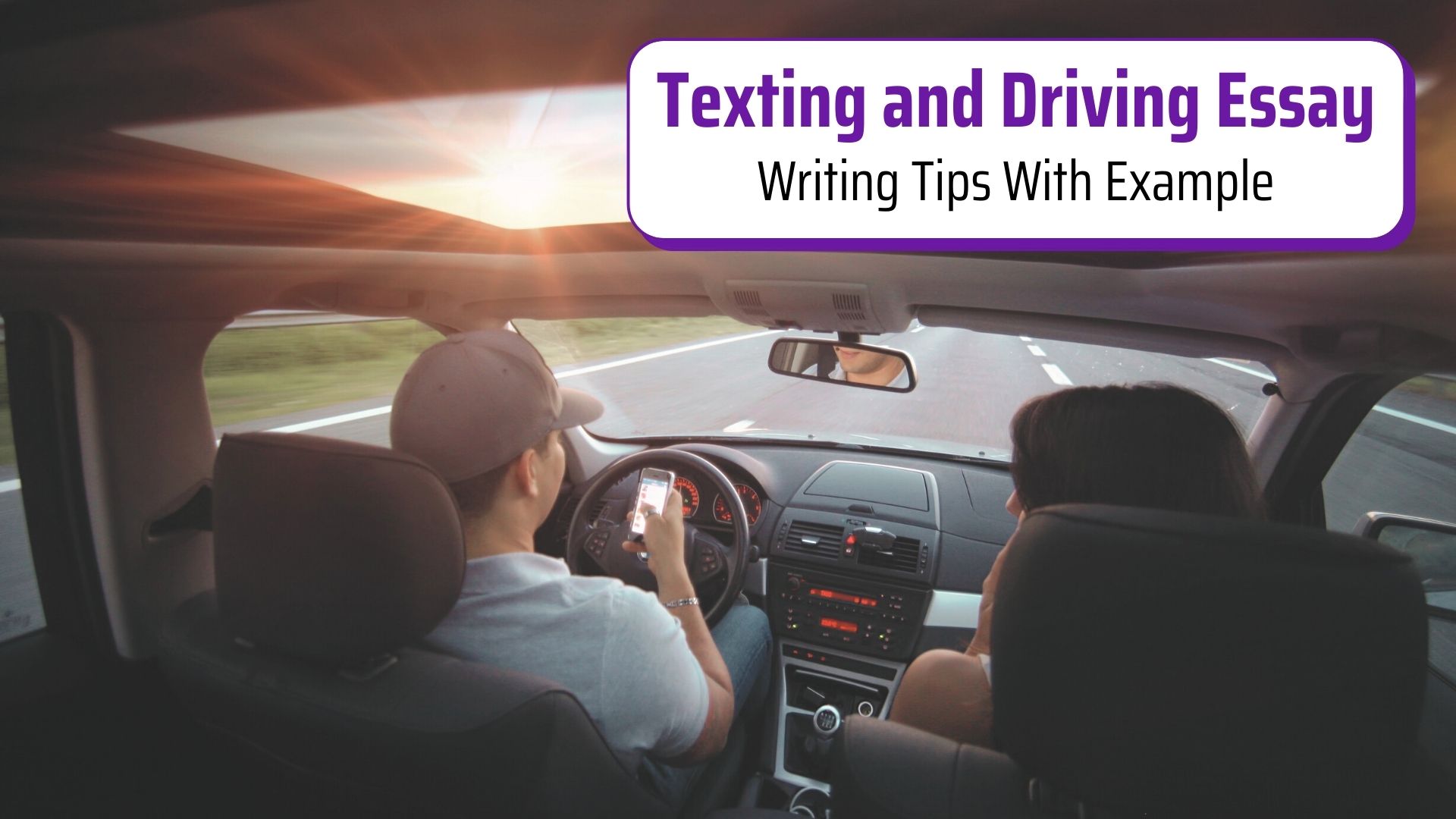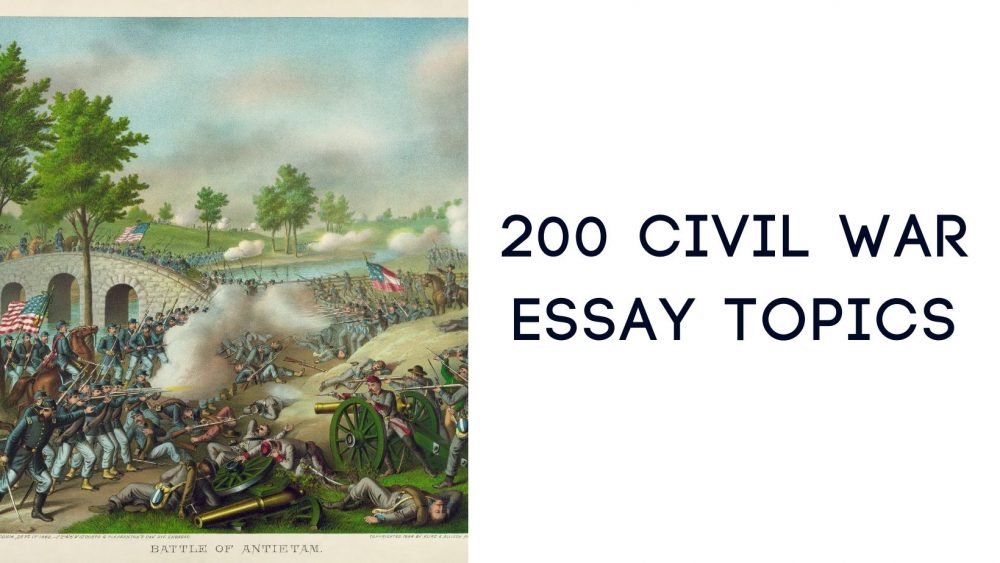A censorship persuasive essay is an essay that takes a debatable issue related to what people can hear, read, say, see, or write. It’s a historical debate that has changed countless times over the centuries and continues to be a point of discussion today. There are hundreds of things one can write about in a freedom of speech and censorship essay. This article provides simple steps to follow when writing this kind of assignment and gives students some ideas when choosing a topic for their censorship debate essay.
How Can I Write an Essay About Censorship?
There are three important components we describe to a student when he or she asks, “how to write an essay about internet censorship?” They are preparation, writing, and revision. Each of these is essential for writing a great assignment on any topic. We recommend you start as soon as you find out about an assignment so that you can commit enough time to each of these activities.
The first component, preparation, is when you decide on a topic conduct both background and in-depth research. The second component, writing, is when you create an outline and start your first draft. The third component, revision, is when you check your essay’s content, organization, formatting, grammar, spelling, punctuation. The five steps below take you through each of these components to ensure you craft the best assignment possible.
- Find Relevant Content on Your Subject
- Create an Outline and Write a Draft
- How to Start an Essay on Censorship
- Set Your Censorship Essay Aside Before Revising
- Make Your Final Edits and Proofread
The act of editing and proofreading a censorship in media essay are two separate steps. Editing requires you to carefully check for grammar, spelling, style, and punctuation issues. You should go through three checks at different levels, including the page level, the paragraph level, and the sentence level. There may be other issues to check for and fix, including transitions, wordiness, and jargon. A lot of these things may have been fixed when you made your revisions, but you can’t depend on having found and corrected everything. You should treat editing as you do with other stages of the writing process, with a clear mind and focus.
A few people can sit down and start writing on any topic without much trouble. But they are a rare breed. Most professional writers and students need careful planning where they brainstorm and consider several subjects and conduct some preliminary research before narrowing down their topics to just one. The topic needs to be carefully chosen since you need to consider how much information is available to you and whether you are exploring new areas related to the topic.
Next, do two levels of research. You can conduct background research on the web to get more familiar with related issues, questions, discussions, and resources related to your topic. You can start to build a bibliography of sources to check when you conduct your in-depth research. This should be done at the library where you have access to hundreds of government and academic resources. You can also get materials through an inter-library loan if the vital resources you need are a part of a different library system that your school library may have a connection with.
Having a well-structured and thought-out outline is important when you write any kind of assignment. It can guide your writing from start to finish and help you stay on track. You need to first organize your research notes and thoughts into related topics. Select the best ones and make these a part of the essay body. For example, if you are writing an against censorship essay you may have three arguments in support of a thesis that most effectively can persuade a reader to agree with your position. At the second and third levels of your outline, you can put in phrases to reflect your arguments, examples, and evidence.
The first draft should be written at a fast clip. This means that you should not worry about making corrections or thinking too much about the right phrasing. You could revise and edit your work at later stages. Right now, the important thing is that you get all your ideas down on the page. We recommend that skip the introduction paragraph and jump right to the body paragraphs. Refer to your outline constantly and write everything as quickly and efficiently as possible.
Once you are done writing the body paragraphs you can go back to focusing on the introduction. A good introduction should put your work into context by providing important background information and giving your thesis statement. For example, let us say you are writing a censorship essay introduction. You will want to give some details about the exact type of censorship you are writing about as well as give a little history. You should end the introduction with a solid thesis statement that clearly states your position.
Your thesis may change as reread and revise your work at a later stage. This is normal, so it’s okay to have a thesis statement that defines your argument without it being perfect. A good thesis statement should have four qualities: 1) it must present an arguable position on which people can disagree 2) it must deal with a subject that can be treated adequately given the limitations of the project 3) it must express a central and focused idea (not too narrow and not too broad) and 4) it must assert your original conclusion about the subject.
You should take a break from your essay for a few days before beginning the revision process. Therefore, we tell students to start as early as possible so that they can have adequate time to think about other things and return to their first drafts with clear minds. The act of revision requires you to reread the material re-vision it from a fresh perspective.
It’s important to look for issues like excessive wordiness, ambiguity, unnecessary tangents, illogical organization, and incorrect or weak vocabulary. You may have to rearrange some paragraphs to strengthen the flow of the essay. In some cases, you will find that removing large pieces of text will make your arguments more succinct by getting right to the point. You can start looking for obvious errors in spelling, grammar, and punctuation. But you will get another chance to make these corrections when you make final edits and proofread. Right now, your focus should be on content.
Finally, you can do your proofreading which is when you search for typographical errors. You should not need to make major changes to the content. You are looking for issues with alignment, typos, page numbers, margins, and format. When you are done proofreading your paper should be complete and ready to print. Just be sure you don’t speed through this last step because even the smallest mistake can be a distraction and lower your score.
Censorship Essay Example – “Book Censorship in High School”
Book censorship in high schools has long been a hot button topic. From Margaret Atwood’s The Handmaid’s Tale to Mark Twain’s The Adventures of Huckleberry Finn, books like these, sometimes containing explicit and controversial themes, are often the subject of dispute at the secondary school level. School administrators are often forced to choose between the complaints of protective parents sensitive to the inputs their children receive in school and the needs of their instructors to have the free will to choose their own study materials. As the censorship battle has raged over the years, one thing has remained clear: there are benefits to allowing censored books to be taught in the high school curricula, namely, the upholding of the freedom of choice that is an important aspect of developmental learning. Furthermore, the consequences of censorship at the high school level would be far-reaching: students would lose the ability to choose and think for themselves.
Young adult novelist, Katherine Paterson, writes “We cannot protect our children from this world, which is a scary place. The only thing we can do is help them develop an inner strength to meet the inevitable challenges they will face” (qtd. in Town, n.d., p. 53). This quote exemplifies the side of the debate supporting free choice. Understandably, all parents want to monitor and protect their teenagers from potentially corruptive influences; however, in doing so, they take away high schoolers’ rights to process controversial information and make informed moral choices. The truth is that sooner or later, teenagers will be forced to make moral choices, and the less exposed they are to controversial topics and media, the less well-equipped they will be to make those moral choices.
According to Burress (1989), censorship is defined as “a process which limits the access to books and materials based on value judgements or prejudices of individuals or groups” (p. 9). The problem with censorship as it is stated here is that the “value judgements or prejudices” of certain groups oftentimes are far-removed from the academic world, whose teachings, by necessity, must involve controversial topics. In fact, there is no way to challenge students’ way of thinking without incorporating topics that may unsettle some students (and parents). Academia is an institution that must incorporate works and materials that challenge students’ way of thinking. This is the only true path to intellectual growth and decision-making. If we were to take away controversial materials in order to shelter our teenagers, the fact remains that the unsettling books or materials would find their way into our teenagers’ hands sooner or later, despite our best attempts to keep them isolated. In today’s digital landscapes, where controversial materials are only the click of a mouse away, it is naïve to think we can control the inputs our teenagers receive on a day-to-day basis. In fact, since they will come in contact with unsettling materials almost daily—via the internet, film, media, peers, etc.—it is better that they first receive exposure in the classroom in a conditioned environment that fosters critical thinking, decision-making, and moral choice.
The National Council of Teachers of English (2010) writes, “In many ways, education is an effort to improve the quality of choices open to all students. But to deny the freedom of choice in fear that it may be unwisely used is to destroy the freedom itself. For this reason, we respect the right of individuals to be selective in their own reading” (qtd. in Town, p. 55). This quote stands as a concise argument against censorship in the high school classrooms. In many ways, “freedom of choice” is one of the core values of a Liberal Arts education. To deny such choice would definitely hinder the growth of students’ intellectual capacities and their ability to make informed moral choices, a skill that will surely be among the most important they will learn throughout their adolescent lives.
What Can I Write About a Censorship Essay?
One of the problems students have is coming up with a good topic to write an essay about censorship that is original and interesting. Our experts have put together a shortlist of topics that can be customized to fit many requirements and are completely free to use and share:
- Write an internet censorship essay on the positive and negative impacts that web information has had on society. Is it easy for people to access your data?
- Write a censorship and freedom of expression essay on limitations placed on social media and private citizens’ rights. Should people be prevented from speaking their minds?
- Write a film censorship essay about the differences between U.S. and European film debuts regarding controversial subjects. Should film ratings change to warn people of content?
- Write an internet censorship essay research paper about the challenges governments and citizens have in deciding what information can be shared on the web. Should all content be free and made public?
- Write a censorship of art essay that discusses the way artworks have been removed from public view over centuries. Should art be censored or should people have unlimited access?
The censorship essay titles listed above can be modified to fit most assignment requirements. They should also inspire you to come up with a topic that you are passionate about. When you write about something you are genuinely interested in, the reader will enjoy reading what you have to say about any topic.
Our experts put this short guide on how to write a censorship essay to help students navigate this type of assignment as easy as possible. We aid in other types of writing assignments and provide lists of topics for students to choose from. If you need help with a specific subject, let us know and we will connect you with a certified expert who is knowledgeable of that subject and can provide one-on-one writing and editing support.


